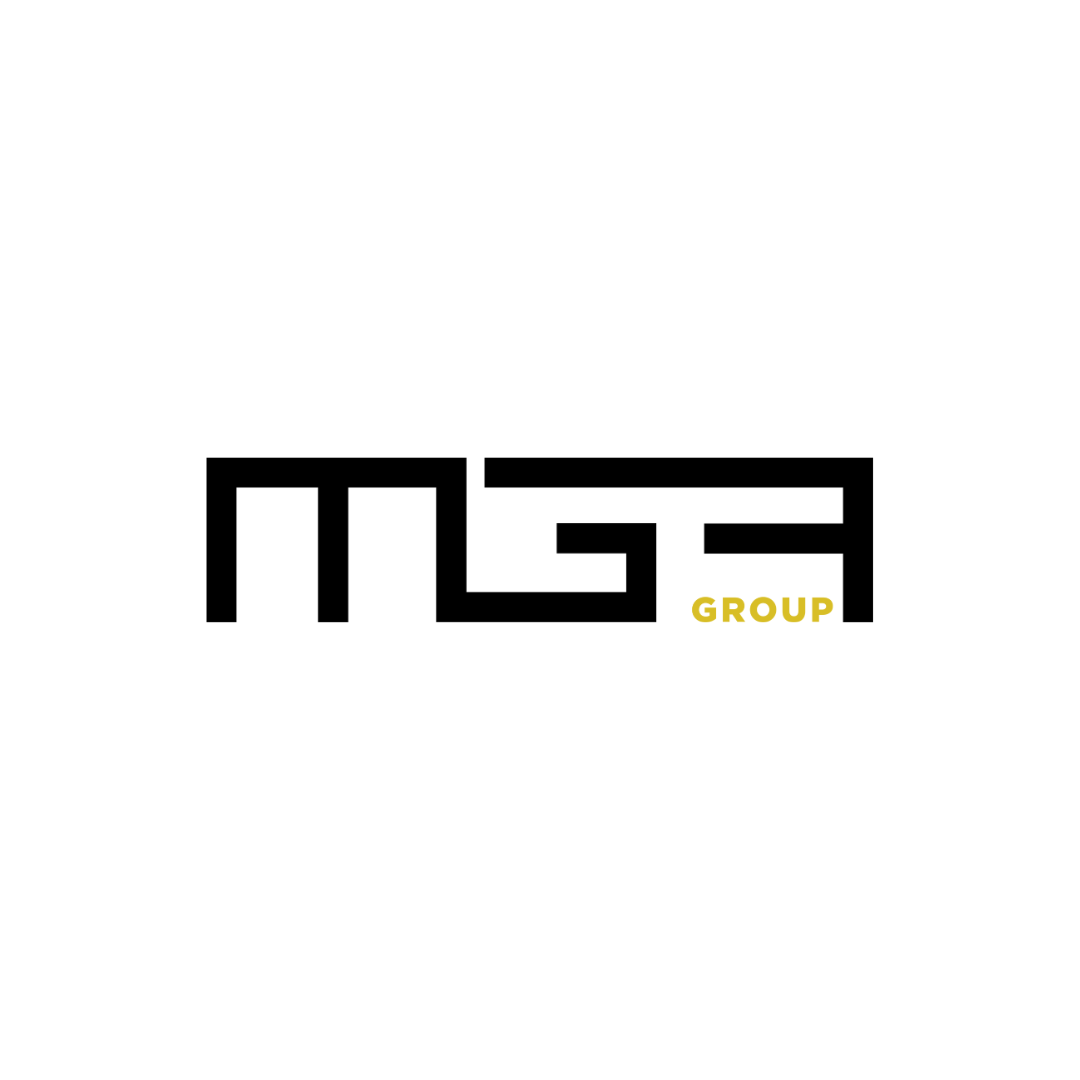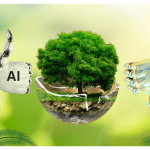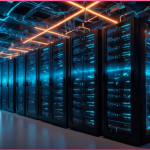Executive Summary
Emerging technologies such as quantum computing, artificial intelligence (AI), and the Internet of Things (IoT) are set to transform various sectors, including finance, healthcare, and agriculture. As these technologies continue to evolve, they present vast opportunities for innovation and growth. Stakeholders must invest in skills development and infrastructure to harness the full potential of these advancements effectively.
Introduction and Background
Quantum computing, AI, and IoT are revolutionizing key sectors, providing efficiency, security, and predictive insights. While challenges such as regulatory frameworks and ethical considerations remain, their potential to drive economic growth and innovation is undeniable. Organizations investing in these technologies today will gain a competitive advantage in the digital economy. This report analyzes their potential applications, industry insights, and market predictions.
Data and Analysis
Key Insights
AI is revolutionizing business models by automating processes and enabling advanced analytics.
IoT adoption is accelerating real-time decision-making, particularly in finance, healthcare, and agriculture.
Quantum-AI Synergy
- Hybrid systems combining quantum computing with AI are expected to revolutionize industries by solving complex problems like climate modeling and drug discovery.
- Quantum-powered AI has already demonstrated superiority in tasks such as image classification and combinatorial optimization.
Market Predictions
- The combined market for quantum computing, AI, and IoT is expected to grow exponentially in the coming years, driven by increasing demand for efficiency, automation, and data-driven decision-making across industries.
- By 2025, industries that effectively integrate these technologies will likely see improved operational efficiency, reduced costs, and enhanced customer experiences, with rapid adoption in industrial automation and smart cities.
Key Findings
1. Quantum Computing
Industry Applications
- Finance: Quantum computing can optimize portfolio management and risk assessment by processing vast datasets at unprecedented speeds. It can also enhance fraud detection through complex pattern recognition.
- Healthcare: Quantum algorithms can accelerate drug discovery by simulating molecular interactions, potentially reducing the time and cost of new drugs to market, genomics analysis, and optimization of healthcare operations.
- Agriculture: Quantum computing can improve predictive analytics for crop yields and resource management, enabling more efficient agricultural practices. Climate modeling for precision farming and optimization of supply chain logistics.
Expert Insights: Quantum technology is in its early stages but is expected to disrupt cybersecurity and computational sciences within the next decade, with significant investments from both public and private sectors driving innovation.
2. Artificial Intelligence (AI)
Industry Applications
- Finance: AI is revolutionizing customer service through chatbots and personalized financial advice. AI-driven analytics enable better decision-making based on real-time data. Algorithmic trading, fraud detection, and personalized banking services.
- Healthcare: AI enhances diagnostics through image recognition and predictive analytics, improving patient outcomes. Streamlines administrative tasks, allowing healthcare providers to focus on patient care. Robotic surgery and personalized treatment plans.
- Agriculture: AI-powered tools assist farmers in monitoring crop health and optimizing resource usage through precision agriculture techniques. Predictive analytics for yield forecasting, and automated farming solutions.
Expert Insights: AI is transforming business models, with automation replacing repetitive tasks and enhancing human decision-making capabilities.
3. Internet of Things (IoT)
Industry Applications
- Finance: Smart banking, biometric authentication, and real-time transaction monitoring.
- Healthcare: Remote patient monitoring, wearable health devices, and hospital asset tracking.
- Agriculture: Smart irrigation systems, livestock tracking, and automated greenhouse management. IoT sensors monitor soil conditions and weather patterns.
Expert Insights: IoT adoption is driving real-time decision-making, with a focus on security, interoperability, and scalability. The expansion of 5G networks will significantly enhance IoT capabilities by providing faster connectivity and enabling more devices to be connected simultaneously. This will foster the development of smart cities and improve urban living conditions.
Recommendations
Invest in Research & Development: Stakeholders should allocate resources to research & development in quantum computing, AI, and IoT to foster innovation and drive sector-specific applications.
Enhance Regulatory Frameworks: Governments and industry leaders should collaborate to develop policies that ensure ethical AI usage, data privacy in IoT, and security measures for quantum computing applications.
Upskill Workforce: Businesses and educational institutions should prioritize upskilling programs to equip professionals with expertise in emerging technologies, ensuring a skilled workforce ready for adoption.
Promote Industry Collaboration: Stakeholders should establish partnerships between tech firms, research institutions, and industries to accelerate the adoption and practical application of emerging technologies.
Adopt Scalable and Secure Solutions: Organizations should focus on scalable and secure implementations of AI, IoT, and quantum computing to minimize risks while maximizing efficiency and innovation.
References








